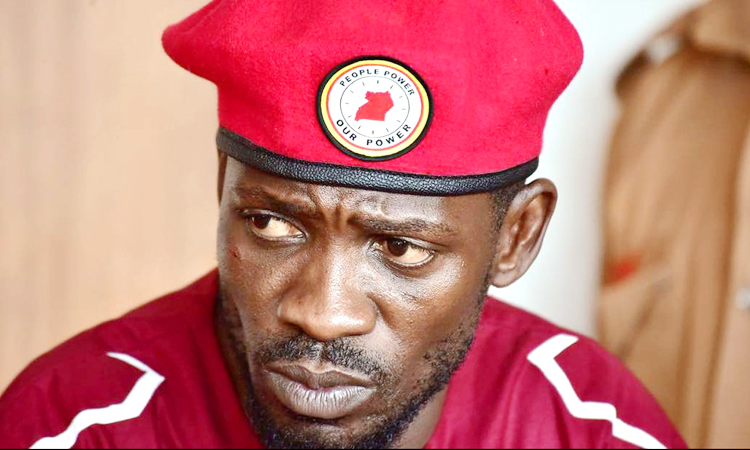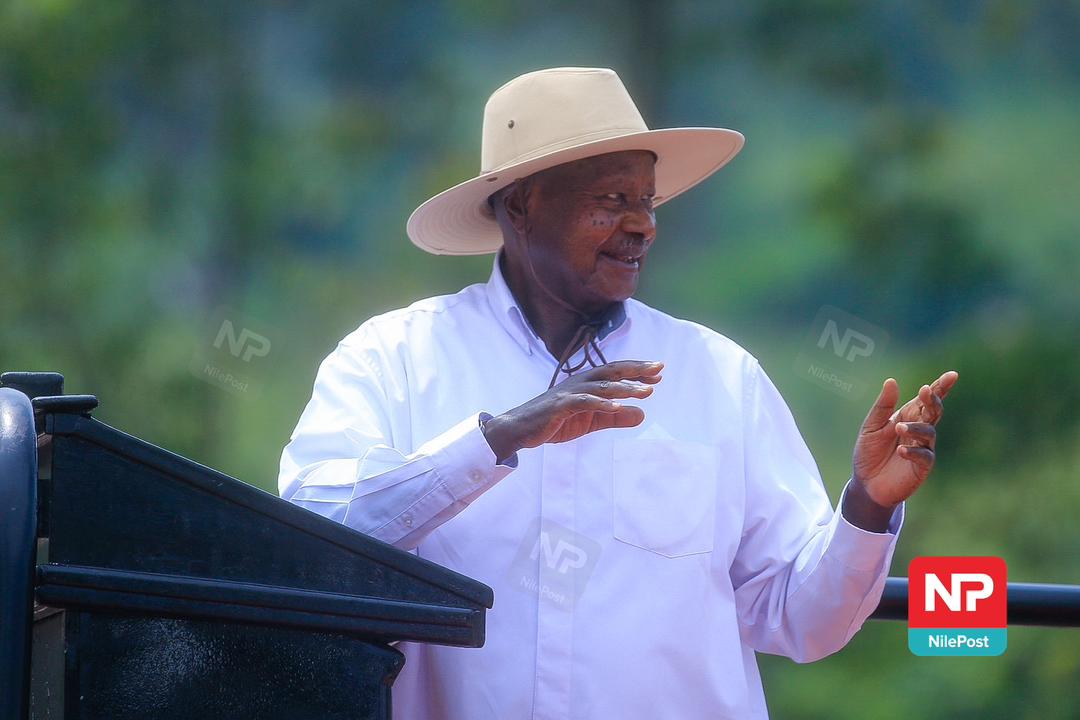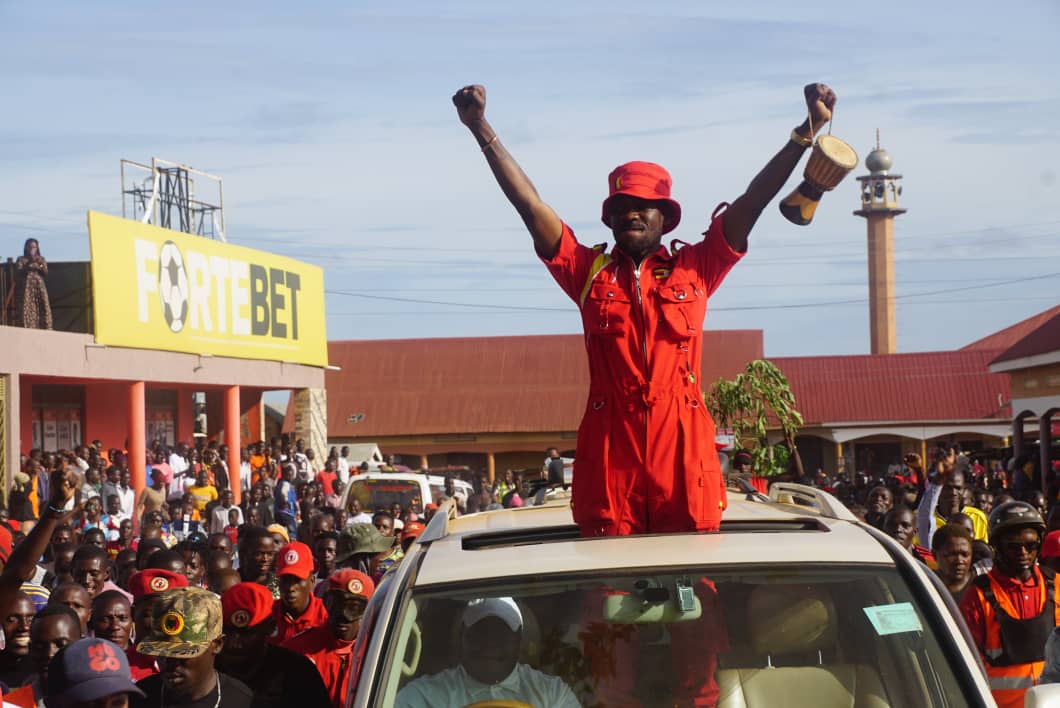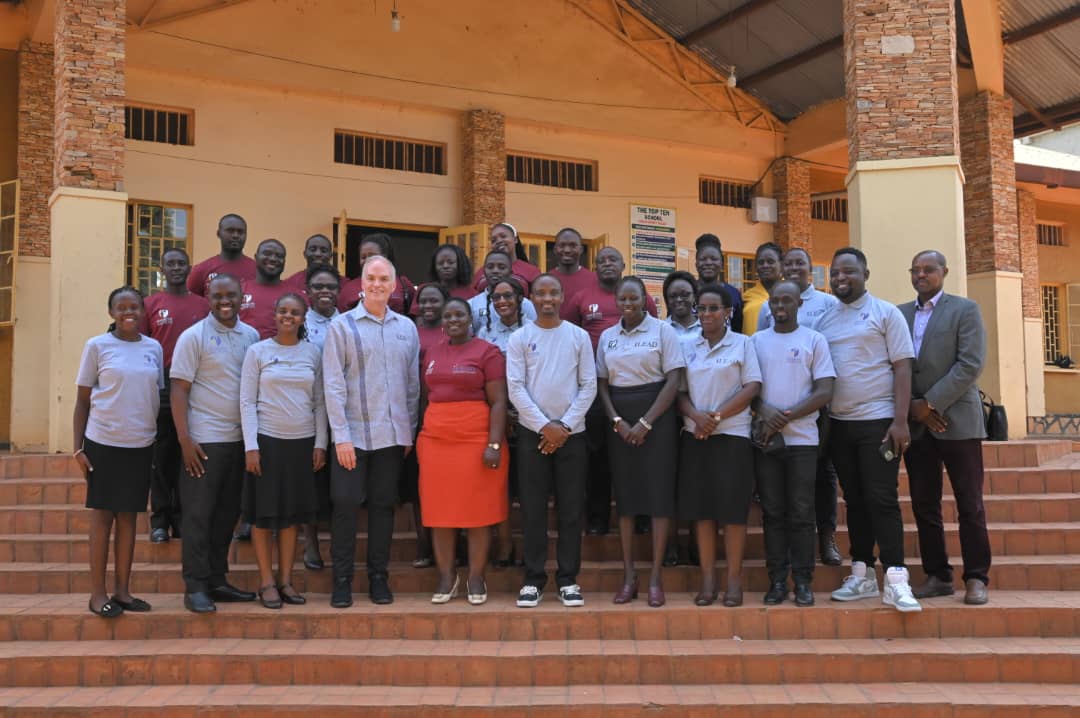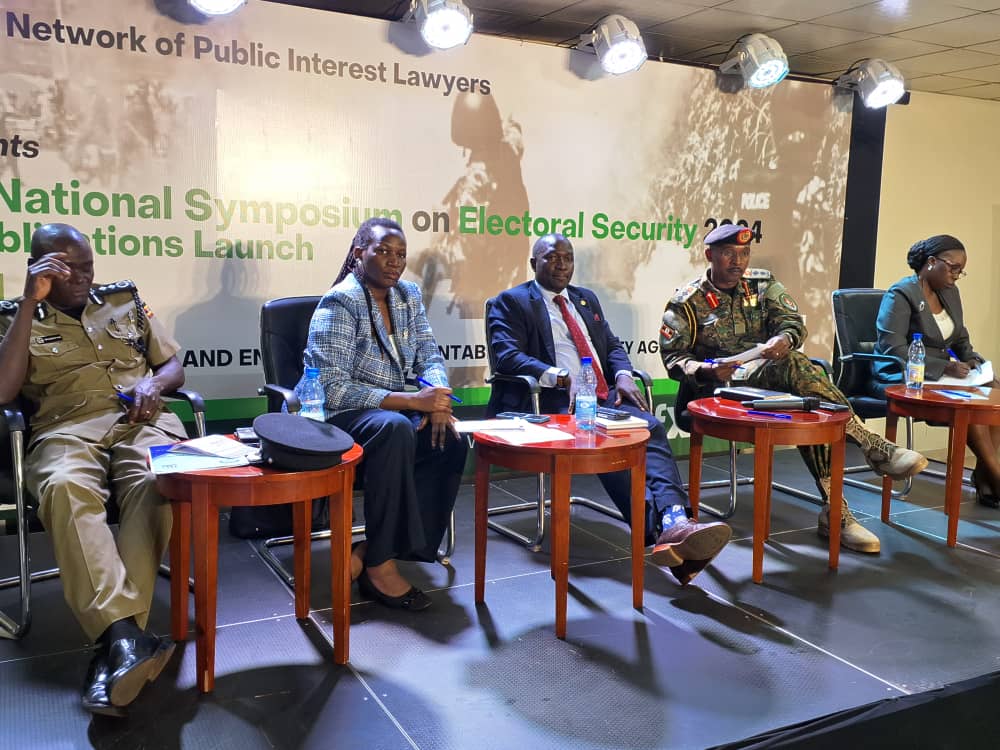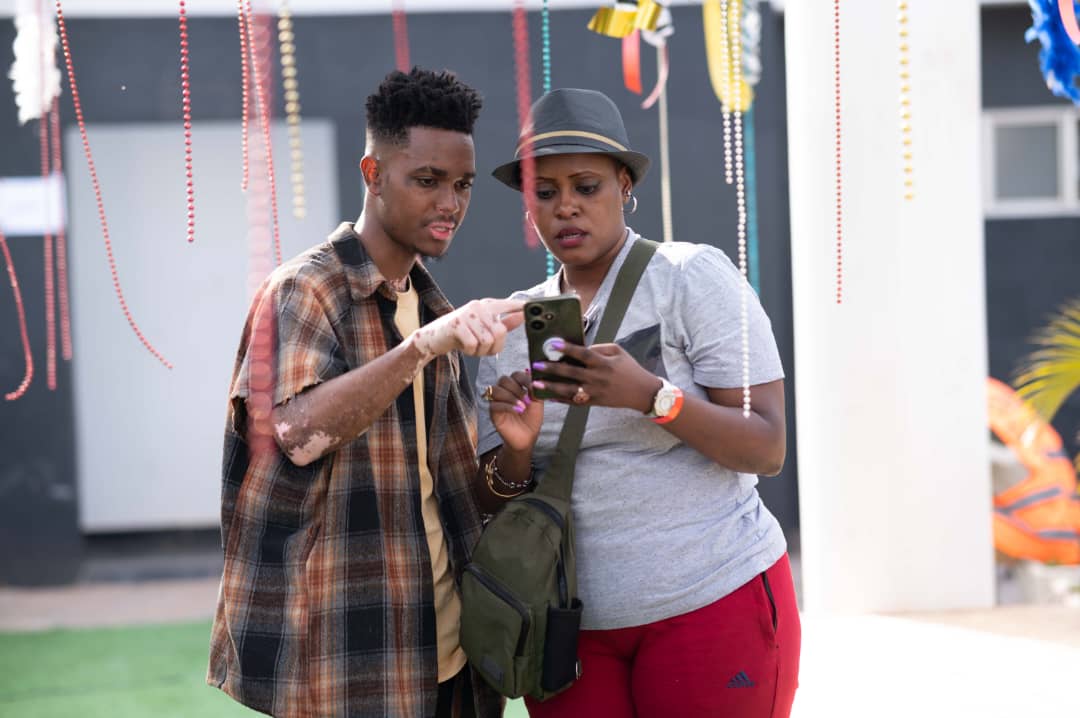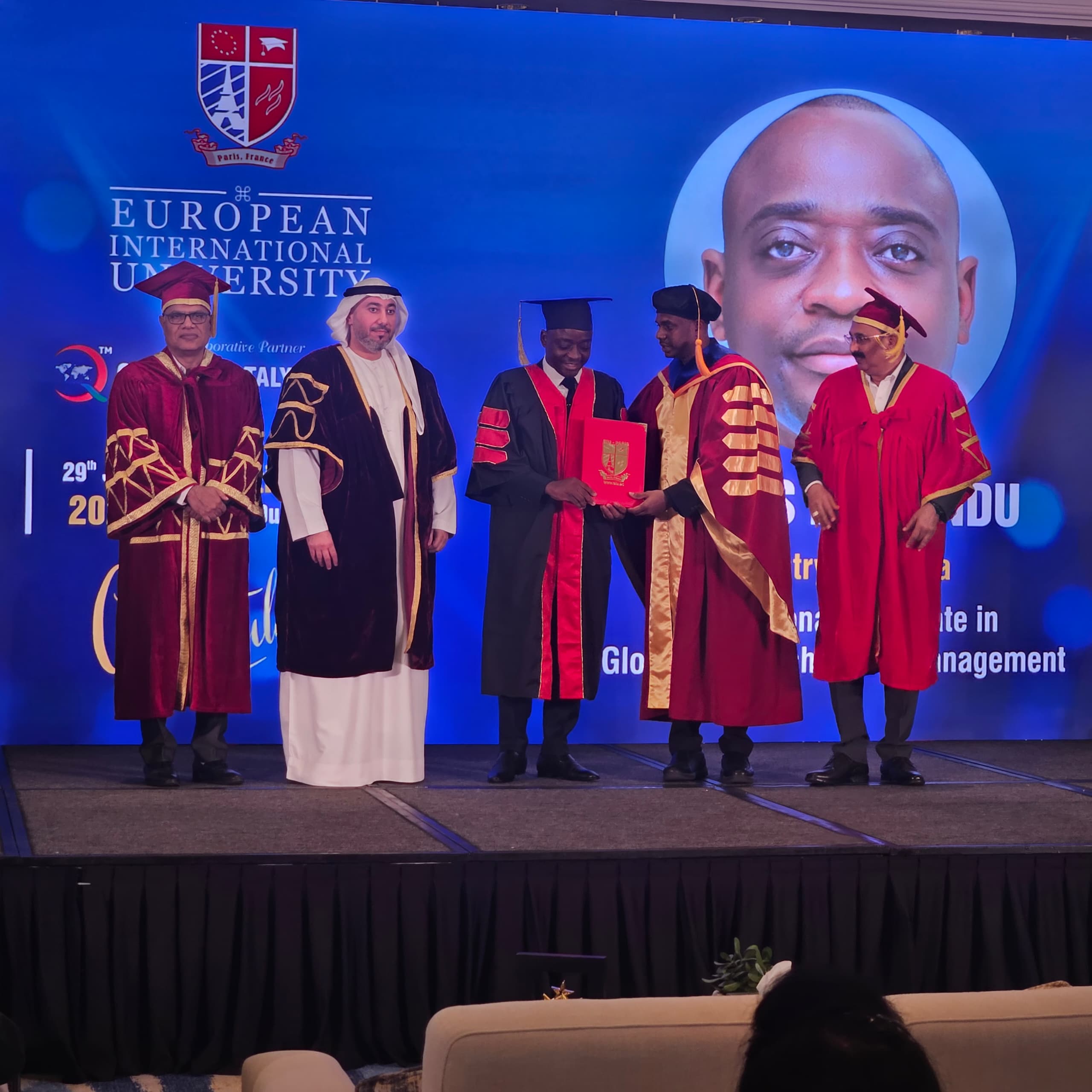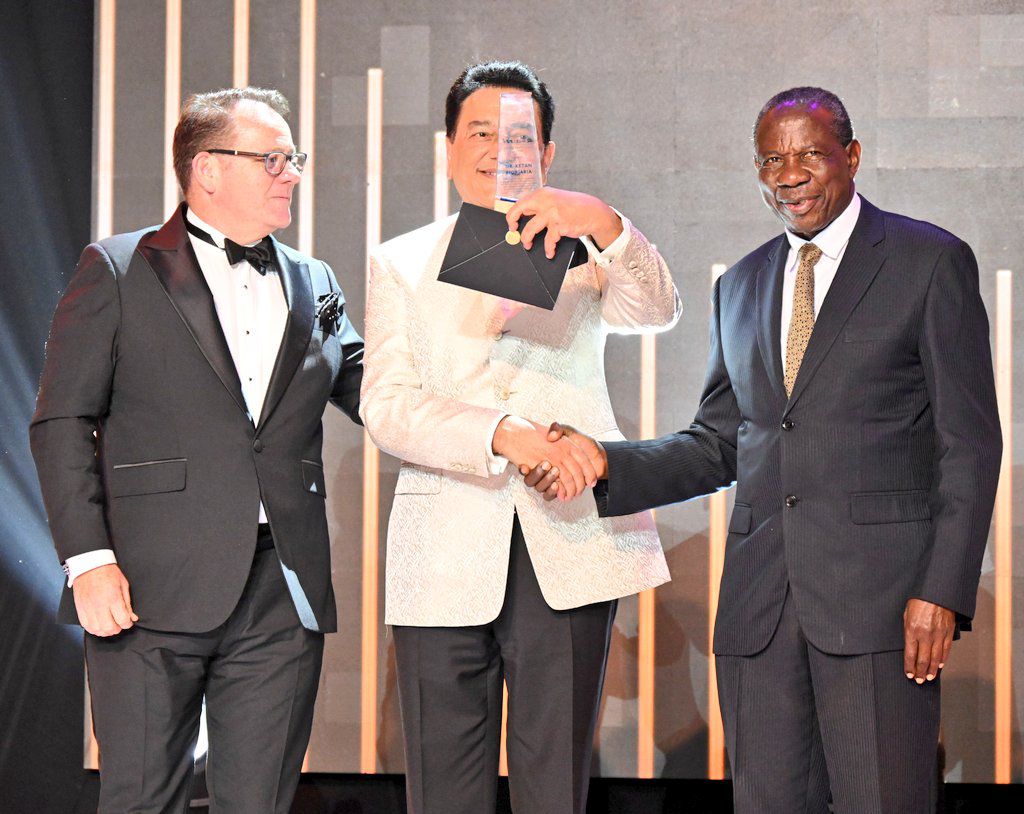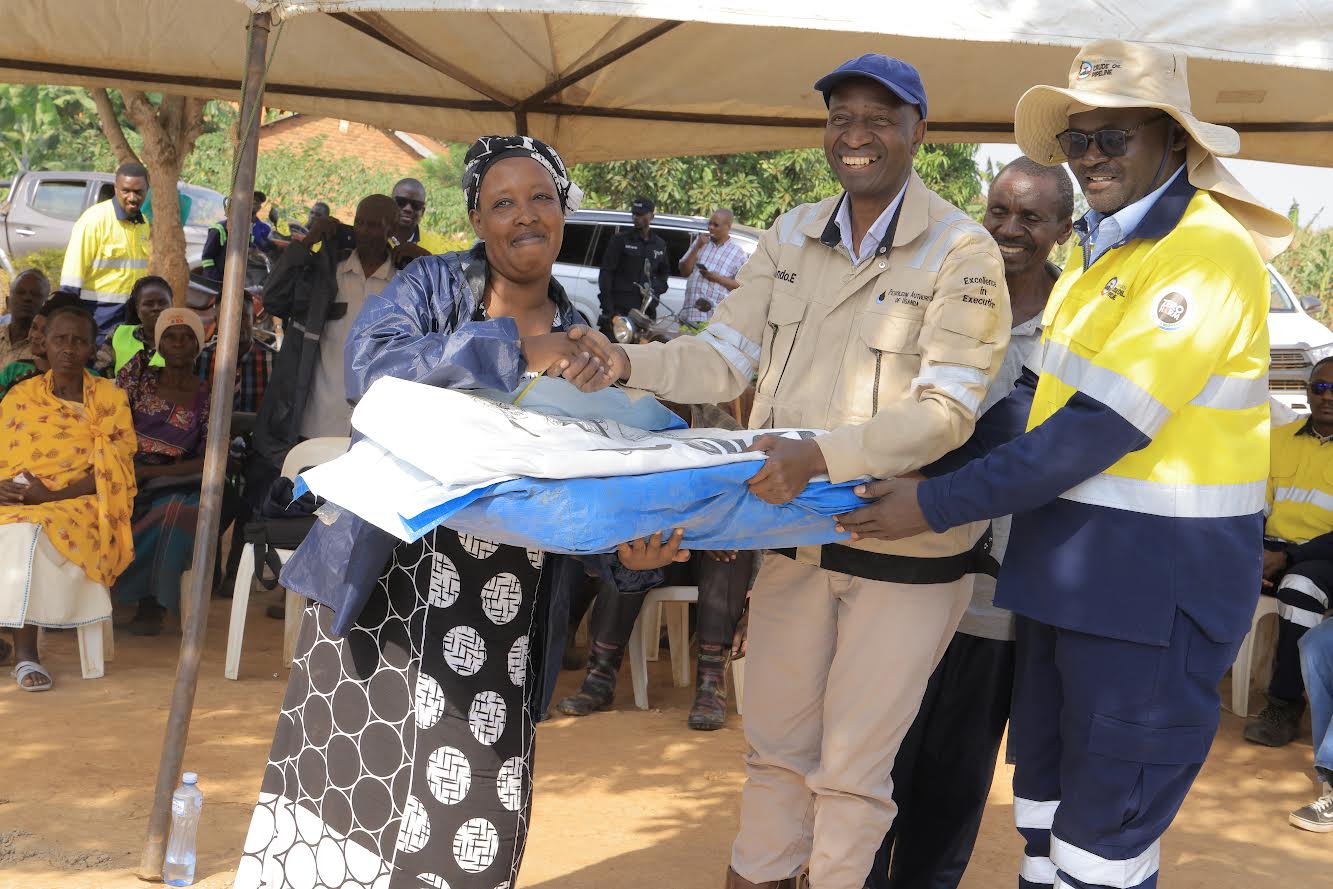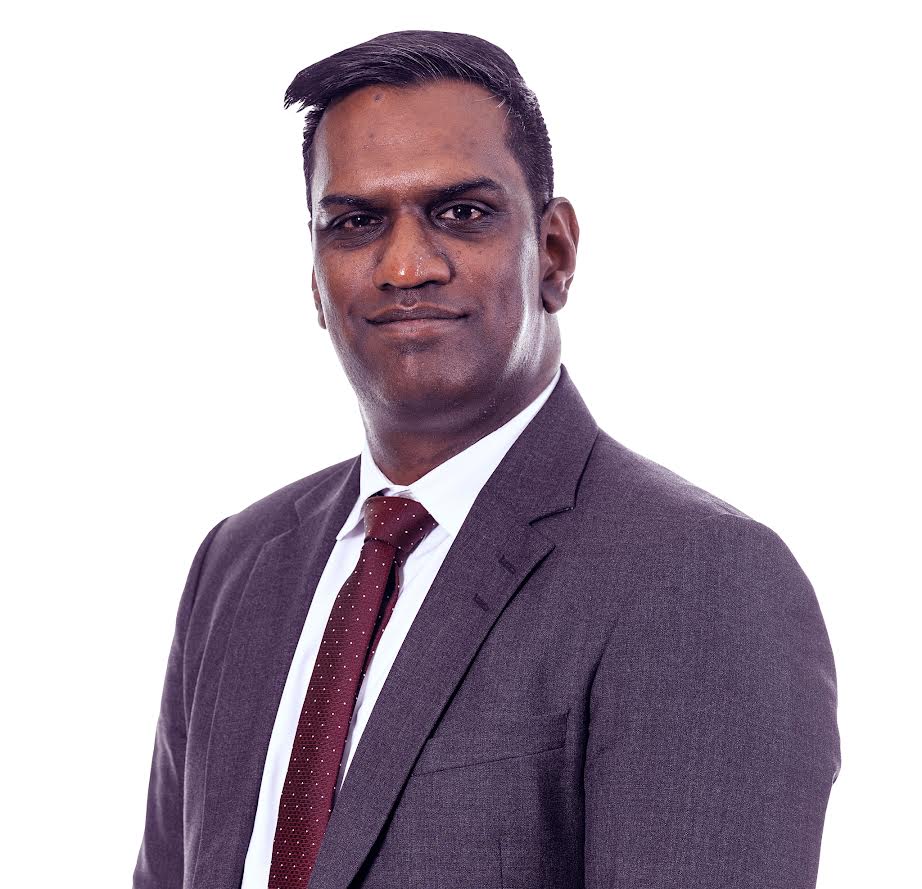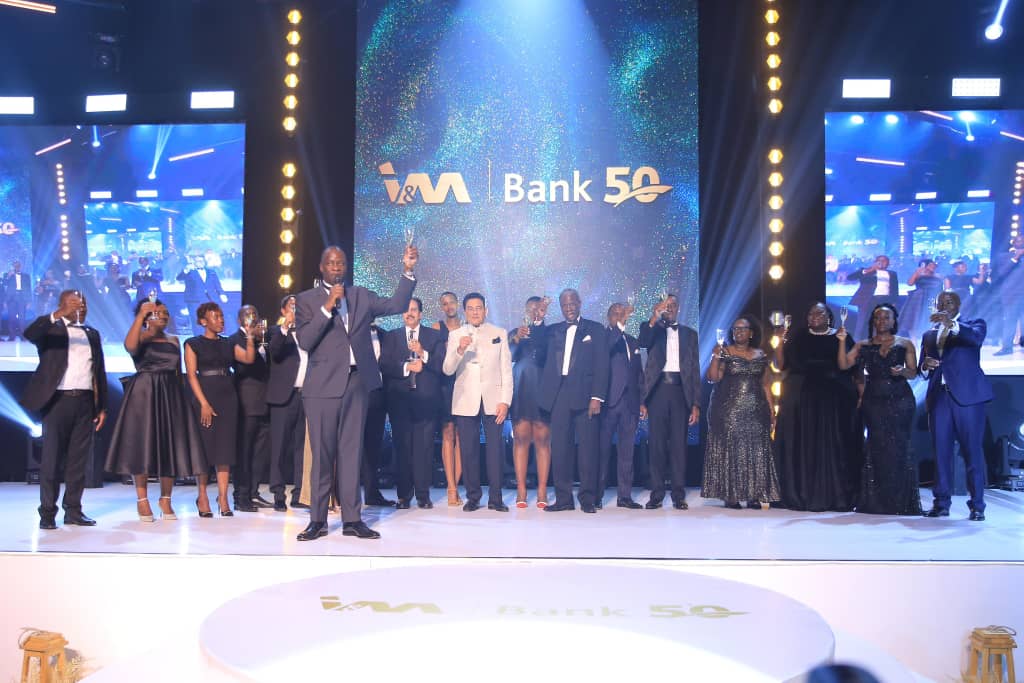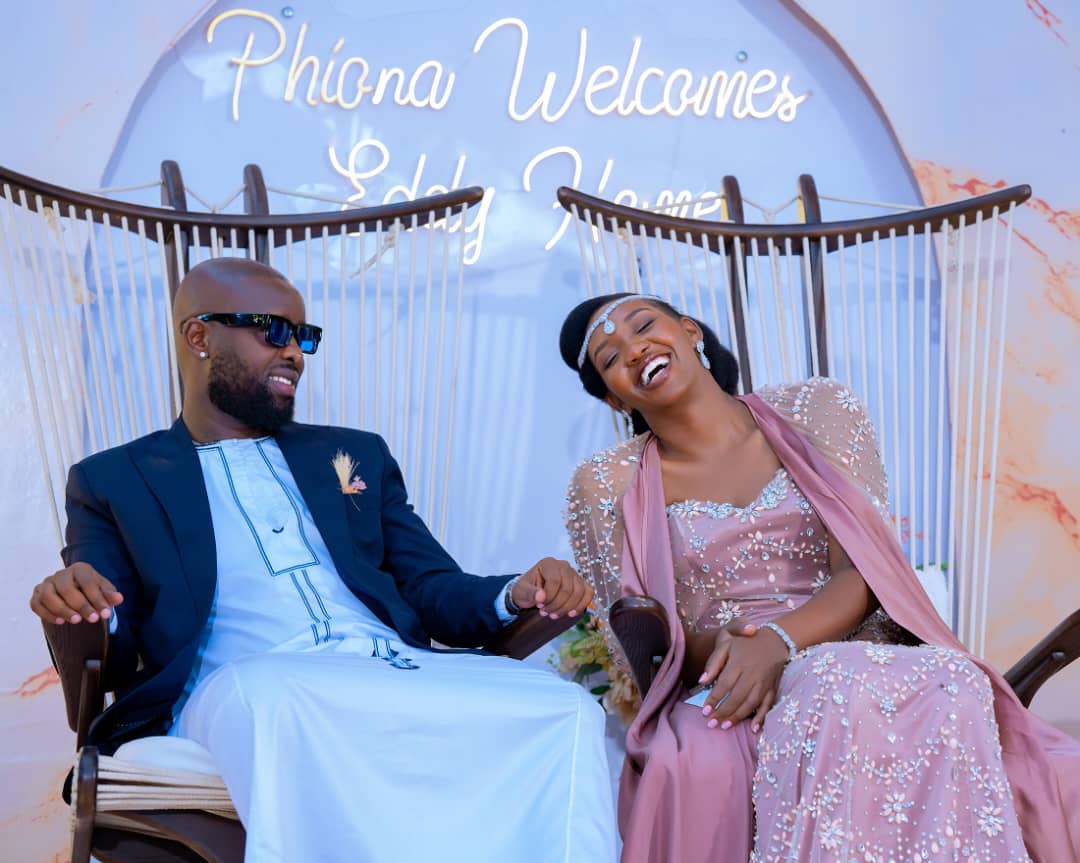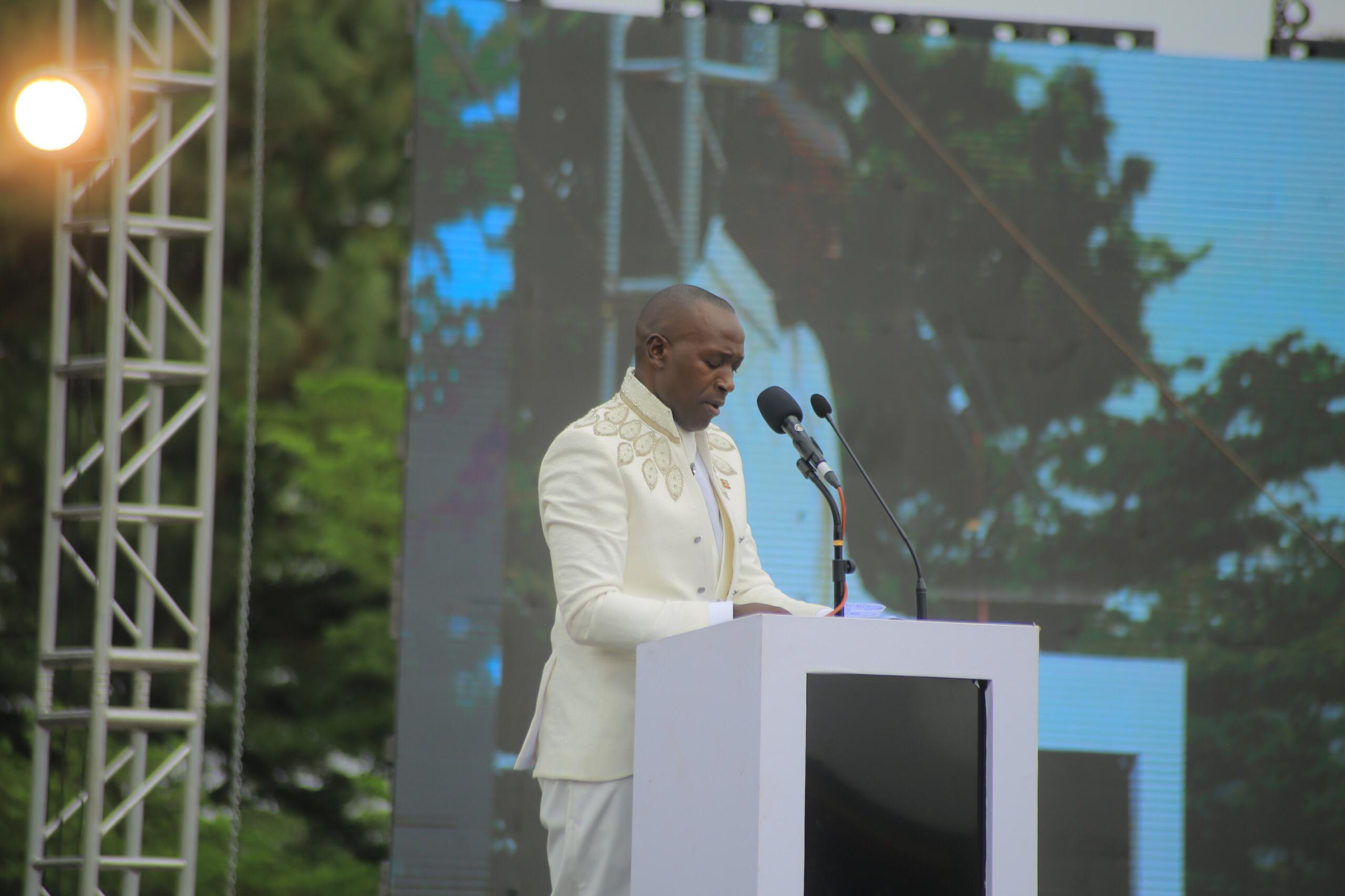Opposition Leaders dismiss trust in Uganda Human Rights Commission
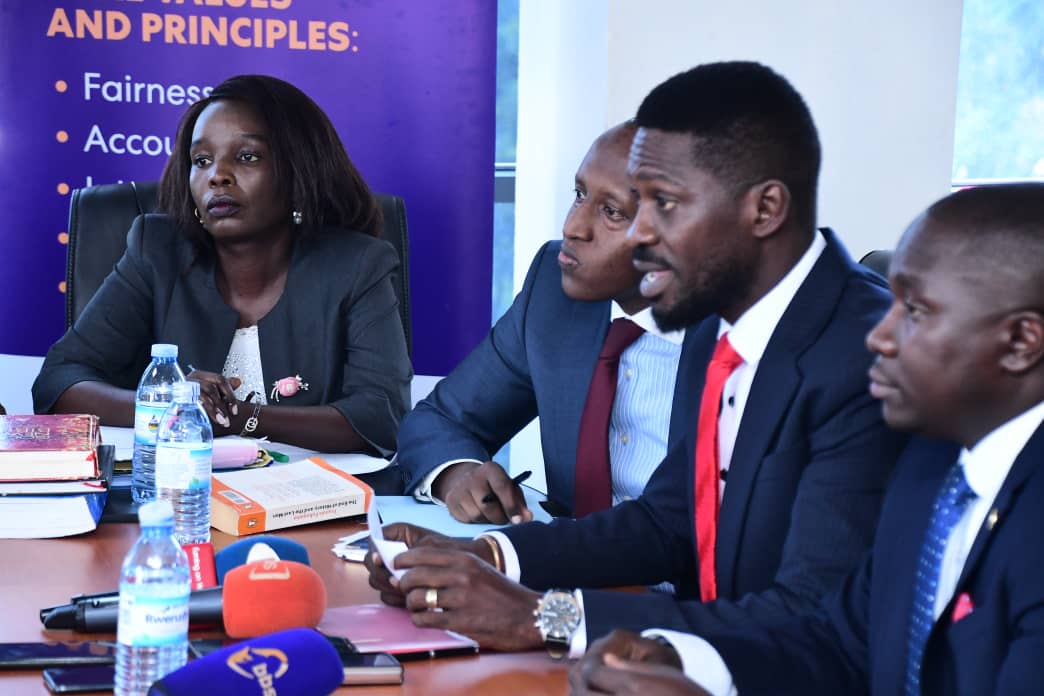
Trust in the Uganda Human Rights Commission (UHRC) is waning among opposition politicians, as numerous cases languish unresolved, raising doubts about the commission's independence and impartiality in a politically tense environment.
National Unity Platform (NUP) President Robert Kyagulanyi Ssentamu, widely known as Bobi Wine, recently withdrew a case he filed with the UHRC in 2018, citing the commission's inefficiency and perceived bias.
Keep Reading
Kyagulanyi's case involved the blockade of his concerts and the detention of his music equipment by security forces, but it was only heard for the first time after a five-year delay.
"I have withdrawn that case because this commission is not able to hear it fairly," Kyagulanyi declared in a heated exchange with UHRC Chairperson Mariam Wangadiya.
He criticized the commission for its failure to uphold justice, reflecting a broader sentiment of disillusionment.
Kyagulanyi’s experience is not unique. Dr. Kiiza Besigye, a prominent opposition figure and former presidential candidate, filed a case with the UHRC in 2015 following multiple arrests by security operatives.
Nearly a decade later, his case remains unresolved, highlighting a pattern of inefficiency and potential bias within the commission.
Ingrid Turinawe, an opposition activist and member of the Forum for Democratic Change (FDC), shared a similar fate.
Turinawe lodged a complaint with the UHRC in 2017 after being violently arrested and sexually assaulted by security personnel.
Despite the severity of her allegations, her case has seen little progress, further diminishing faith in the commission’s ability to deliver justice.
The slow pace of the UHRC’s processes and the perception of governmental influence have exacerbated these issues.
Many opposition politicians and their supporters believe the commission is either unable or unwilling to act independently of the executive branch, leading to a lack of accountability for human rights abuses against them.
"The commission’s failure to promptly and impartially handle cases involving opposition figures undermines its credibility," said Besigye.
"We established the UHRC to protect and promote human rights, yet its perceived partiality and inefficacy call into question its role as a fair arbiter."
The growing mistrust in the UHRC among opposition politicians reflects broader concerns about human rights and the rule of law in Uganda.
Critics argue that for the UHRC to regain credibility, it must demonstrate greater independence, expedite the resolution of pending cases, and ensure fair treatment for all citizens, regardless of political affiliation.



